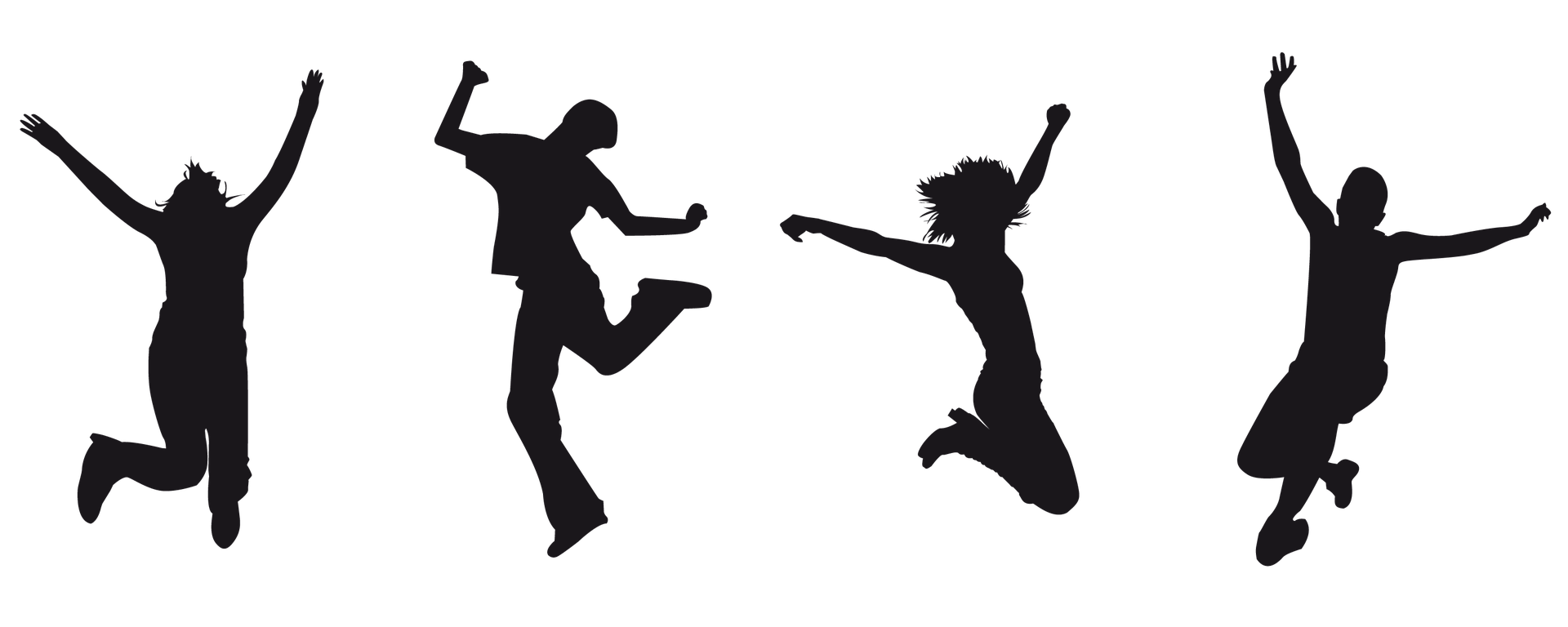
At the end of the course Worksheets Don’t Grow Dendrites, which I teach to administrators and teachers all over the world, we celebrate the vast amount of information that we have learned. Some participants say that they learn more from me in one day than they learn in some workshops in several days. We move eight steps to the left and then to the right to the song “Celebration” by Kool and the Gang. This culminating activity practically ensures that participants will leave the workshop with a feeling of euphoria and jubilance.
The brain loves celebrations! If you don’t believe that, then you haven’t noticed what happens when a sports team achieves. When a baseball player hits a home run, players high-five that player all the way into the dugout. When a soccer player scores the winning goal, the entire team might run out on the field and lay out on top of the winning player. Sometimes, college football players are even charged with excessive celebration! No matter how small the improvement, students and their teacher should show their appreciation for increases in student learning or behavior by a preponderance of celebrations.
In more classrooms than I care to count, I have observed students who make a habit of pointing out the imperfections in the personalities, looks, and abilities of their classmates. They make sarcastic remarks, demean, and deride one another—sometimes to get attention, sometimes to feel more in control, and sometime just to be mean.
In a brain-compatible classroom where threats are diminished and confidence increased, no place exists for this negative type of behavior. Threats place the brain in survival mode and make it difficult, if not nearly impossible, to learn at optimal levels. This is why, in Maslow’s hierarchy, survival and psychological needs are placed below academic pursuits.
When a teacher affirms a student’s correct answer or when students celebrate the accomplishments of a peer, a cooperative group, or the class as a whole, confidence increases, and the classroom becomes a place where behavior problems are diminished and learning accelerated.
What the Research Says
When students learn something new, the learning should be celebrated (Allen & Currie, 2012).
Even small improvements in behavior along the way should be celebrated. It is not necessary to wait until students achieve extraordinary results (Patterson, Grenny, McMillan, & Switzler, 2008).
Be certain that an affirmation or celebration is deserved. Students must feel that their performance warrants the celebration (Jensen, 2003).
Make It Happen
- Clappers. Purchase plastic hand clappers from a novelty store. Whenever students give a correct answer or behave appropriately, give them a hand with the plastic clappers. They will feel so good about themselves!
- Kiss Your Brain! Tell a student who has given a good answer to “Kiss your brain.” The student should get take his or her hand and place it on the lips and then on the top of the head.
- Light Up! Buy a rubber lightbulb. When students are obviously thinking, show them that you appreciate their efforts by passing them the lightbulb to hold temporarily. Holding the lightbulb is indicative of the light coming on in the students’ brains.
For more examples of how to celebrate in the classroom, consult the 2nd edition of my best-selling book, Shouting Won’t Grow Dendrites.